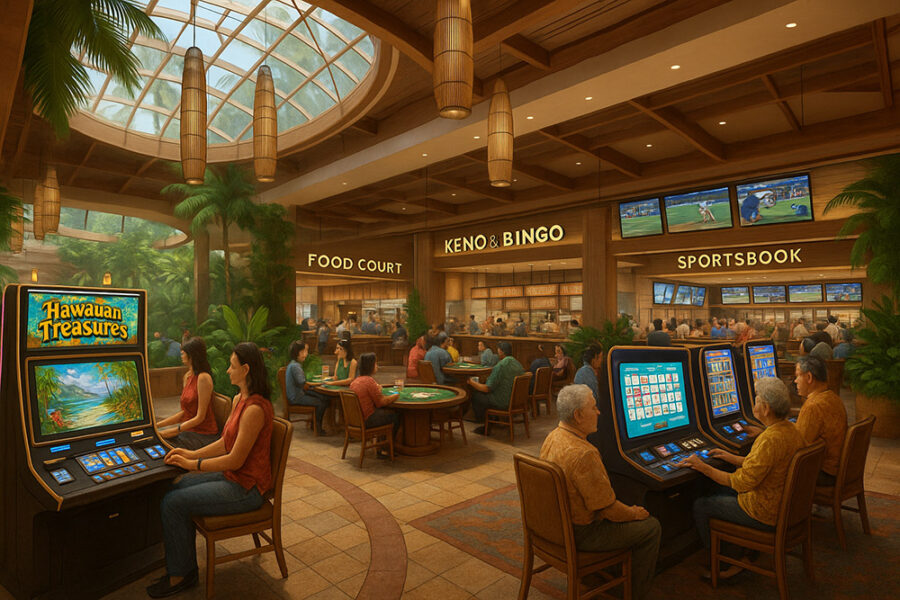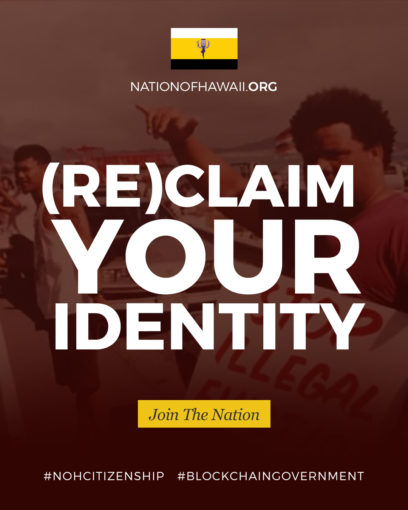By the Nation of Hawai‘i News Agency
A recent article published by CDC Gaming Reports titled “A Boost in Hawaiian Visitation to Las Vegas Could Help Boyd During F1 Weekend” attempts to spotlight economic optimism—but instead reveals a deeper, more disturbing truth: Native Hawaiian culture continues to be exploited as a marketing tool to drive mainland profits.
Boyd Gaming CEO Keith Smith openly admits that the timing of the University of Hawai‘i football game was not coincidental. “It wasn’t a mistake that it was scheduled that way,” he said, referring to the scheduling of the game during the high-profile Las Vegas Formula 1 Grand Prix. This carefully orchestrated move aims to attract Hawaiian visitors during what is normally a slower weekend for local casinos.
But to many of us, this isn’t strategic—it’s extractive.
“Imagine if the same energy used to draw Hawaiians to Las Vegas was used to help them thrive at home. That’s the future we’re building.”
— President Dennis “Bumpy” Kanahele, Nation of Hawai‘i
Hawaiians didn’t flock to Las Vegas because of a deep cultural bond. Many moved there because they were priced out of their homeland. With median home prices in Hawai‘i exceeding $900,000, generations of Hawaiians have been pushed out, forced to seek refuge and affordability on the continent—especially in Las Vegas, now jokingly and painfully referred to as the “Ninth Island.”
And yet, that diaspora is now being commodified.
Las Vegas casinos offer “Hawaiian-themed” promotions, package deals, and even plate lunches. But this isn’t cultural celebration—it’s cultural commodification. It’s what scholars and community leaders have long described as “cultural prostitution”—a repackaging of sacred traditions and symbols for tourist and commercial consumption. The deeper meaning, the roots, the spiritual and familial ties to land (ʻāina) are erased in favor of a marketable version of “aloha.”
It’s time we say enough.
We call on media, marketers, and decision-makers to reflect on the narratives they perpetuate. Hawaiian identity is not a marketing tactic. Our people are not economic levers to be pulled for casino profit margins. True aloha cannot be manufactured, sold, or scheduled to align with a sports calendar.
The future of Hawai‘i should be defined by its people—not by those profiting from our displacement.


0 Comments on "When Culture Becomes Currency: A Hawaiian Response to Las Vegas Marketing Tactics"